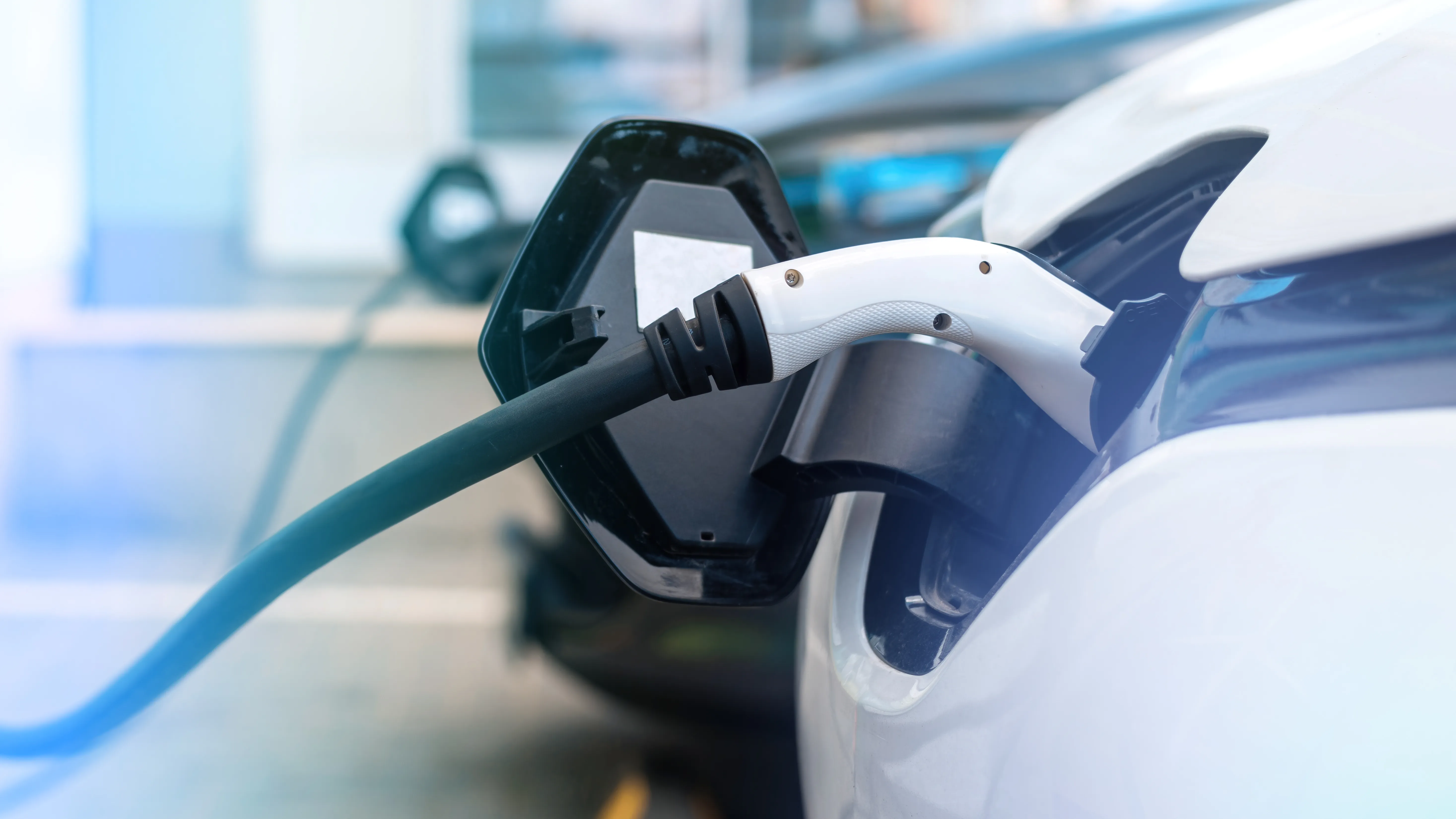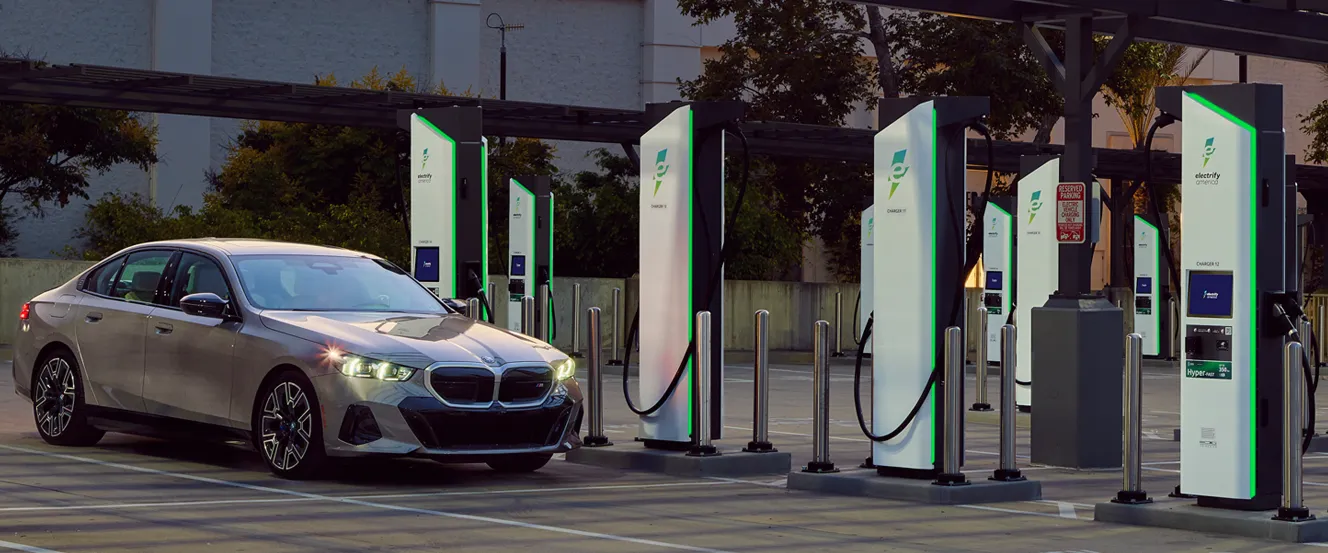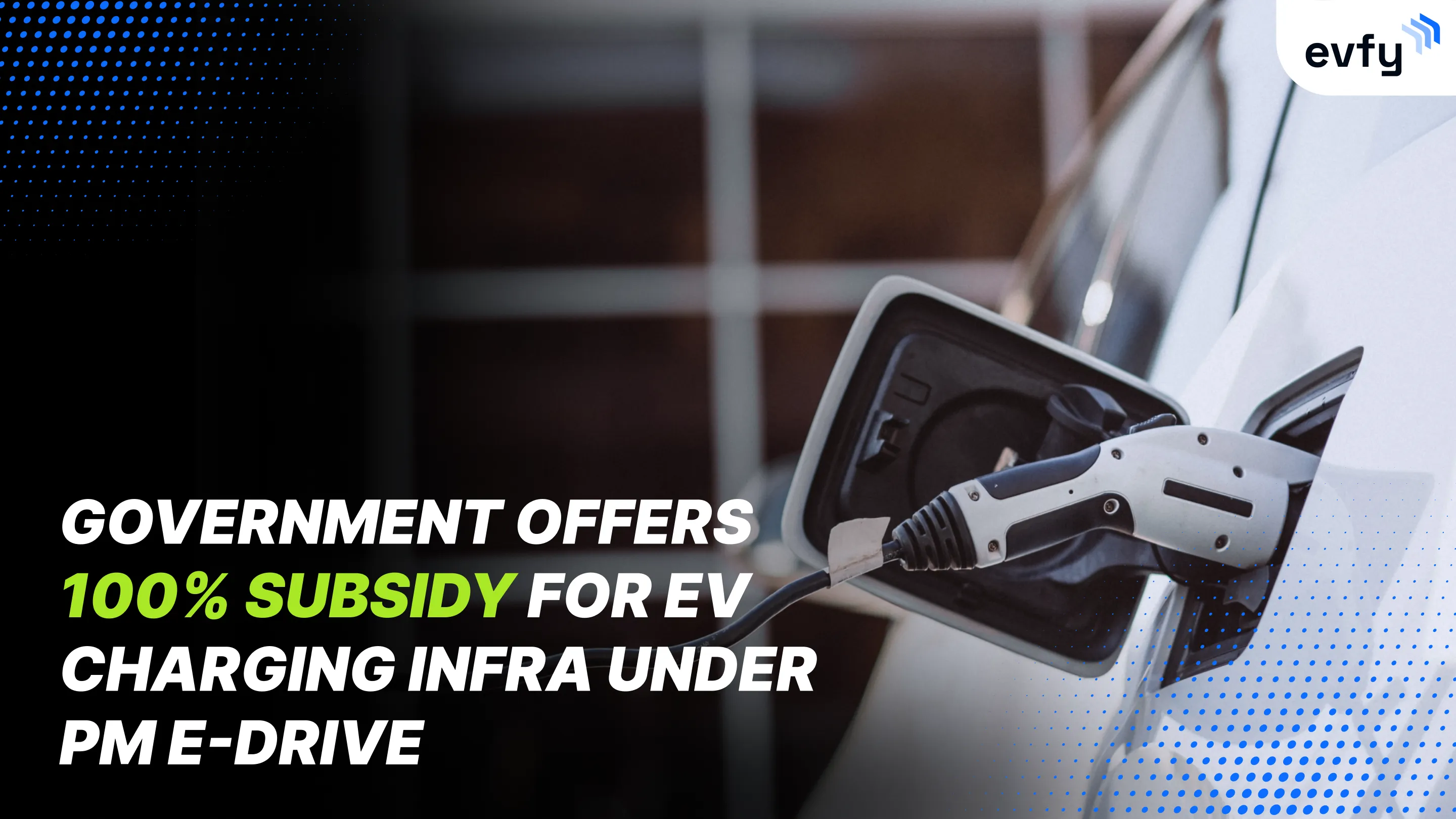Quick Highlights:
- PM E-DRIVE scheme allocates ₹10,000 crore, with ₹2,000 crore for EV charging infrastructure.
- Subsidies of up to 100% for EV charging, battery swapping, and charging stations.
- Priority to cities with over one million population, smart cities, and satellite towns.
- Eligible entities include ministries, CPSEs, PSUs, and state nodal agencies.
- Key PSUs like IOCL, BPCL, HPCL, NHAI, AAI, and metro corporations can apply.
- Focus also on state capitals, NCAP cities, and select highways for EV readiness.
Government Releases Guidelines for PM E-DRIVE EV Charging Station Subsidies
The Government of India has officially released guidelines for availing subsidies under the PM E-DRIVE scheme, a landmark initiative aimed at accelerating the adoption of electric vehicles (EVs) nationwide. Announced on Sunday, September 28, 2025, the scheme will prioritize the installation of EV charging infrastructure in major urban centers, state capitals, and along important highways to build a robust ecosystem for clean mobility.

Scheme Details and Financial Outlay
The PM E-DRIVE scheme carries an outlay of ₹10,000 crore, of which ₹2,000 crore has been earmarked specifically for EV charging infrastructure. The government has committed to offering subsidies of up to 100% to eligible entities for setting up EV charging stations, battery swapping stations, and battery charging facilities.
The financial support covers both upstream infrastructure and, in certain cases, the cost of Electric Vehicle Supply Equipment (EVSE). Upstream infrastructure includes essential components such as distribution transformers, low- and high-tension cables, distribution boxes, circuit breakers, mounting structures, fencing, and civil works. EVSE refers to the actual charging equipment, including chargers and charging guns.
Eligible Entities and Implementation
According to the guidelines, proposals may be submitted by ministries of the Government of India, Central Public Sector Enterprises (CPSEs), States and Union Territories, and their public sector undertakings (PSUs). Each eligible entity is required to designate a nodal agency to aggregate demand, identify suitable charging station sites, and submit proposals to the Ministry of Heavy Industries (MHI).
These entities may directly set up, operate, and maintain EV charging stations or collaborate with Charge Point Operators (CPOs) to manage the operations.
Key ministries such as Petroleum & Natural Gas, Road Transport & Highways, Power, Housing & Urban Affairs, Railways, Civil Aviation, and Ports, Shipping & Waterways are empowered to propose projects through their CPSEs.
Public sector organizations including Indian Oil Corporation Ltd. (IOCL), Bharat Petroleum Corporation Ltd. (BPCL), Hindustan Petroleum Corporation Ltd. (HPCL), National Highways Authority of India (NHAI), Airports Authority of India (AAI), Steel Authority of India (SAIL), Container Corporation of India (CONCOR), Convergence Energy Services Ltd. (CESL), and metro rail corporations are also eligible applicants.

Cities and Areas Under Priority
The PM E-DRIVE scheme prioritizes installation in:
- Cities with populations exceeding one million (2011 Census)
- Smart cities designated by the Ministry of Housing and Urban Affairs (MoHUA)
- Satellite towns linked to India’s seven major metro cities — Delhi, Mumbai, Kolkata, Chennai, Hyderabad, Bangalore, and Ahmedabad
Additionally, state and Union Territory capitals not covered by these categories, as well as cities identified under the National Clean Air Programme (NCAP), will receive focused deployment attention.
Eligible entities may also propose EV charging projects in other urban areas depending on demand and EV penetration levels, ensuring flexibility in rollout.
Highway and Inter-City Connectivity
The scheme also envisions extending charging infrastructure beyond city limits. Selected inter-city and inter-state highways will be made EV-ready, with route selections to be finalized in consultation with the Ministry of Road Transport and Highways (MoRTH) and other stakeholders. This will enable long-distance EV travel and strengthen inter-regional connectivity.

Towards a Sustainable EV Future
The PM E-DRIVE scheme marks a decisive step toward enabling large-scale EV adoption in India by creating widespread and reliable charging infrastructure. With robust financial incentives, inter-ministerial coordination, and PSU involvement, the government aims to address one of the most significant barriers to EV penetration — lack of accessible charging facilities.
By focusing on metro cities, capital towns, smart cities, and major highways, the scheme positions India to accelerate its transition to clean mobility while reducing dependency on fossil fuels and cutting urban pollution levels.


